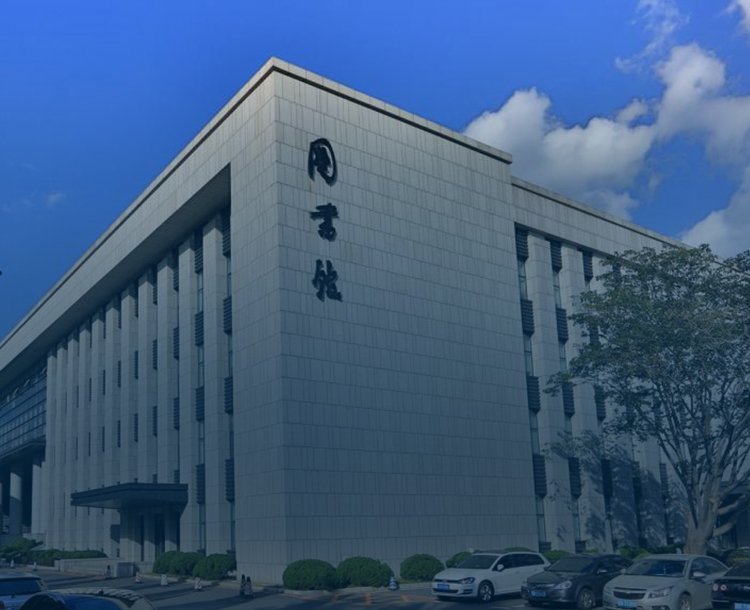
主讲人:Mingjun Zhong(英国阿伯丁大学)
时间:2023年7月30日10:30-11:30(星期日)
地点:东北财经大学劝学楼220会议室
报告内容:
In this talk, I will present a few use cases for machine learning approaches to data science. Utilising the advances in machine learning for instance deep learning techniques, artificial intelligence (AI) technologies are applied in industries widely including healthcare, energy, chemistry, etc. The key for industrial applications using AI is to solve various data science problems using machine learning methodologies. Firstly, I will present my recent project on machine learning for household energy.Smart homes would be seen as one of the benefits of using AI for the next generation. I will discuss key important research questions for developing smart homes and demonstrate how machine learning could be used for solving these problems. Secondly, I will introduce the technique named Data Engineering (DE) which is the mandatory component for approaching automatic machine learning. I will explain the concept of DE and the challenges to developing DE techniques. Thirdly, I will introduce causal inference for data science, explaining what causal inference is and why it is important for AI.
主讲人介绍:Mingjun Zhong, PhD, is a lecturer in machine learning at the Department of Computing Science at the University of Aberdeen, UK. His research includes computational statistics, machine learning, and their applications in energy, healthcare, chemistry, etc. He is an Associate Editor serving for the journal Neural Processing Letters (Springer) and a Review Editor for the journal Frontiers in Applied Mathematics and Statistics. Currently, he is supervising five PhD students working on Causal Inference, Data Engineering, Self-Supervised Learning, and Capsule Networks.
钟明军,博士,英国阿伯丁大学计算科学系的机器学习讲师。研究领域包括计算统计学、机器学习及其在能源、医疗保健、化学等领域的应用。担任the journal Neural Processing Letters (Springer)杂志的副编辑,《应用数学与统计学前沿》杂志的评论编辑。目前,正指导博士生研究因果推理、数据工程、自我监督学习和胶囊网络等。




































